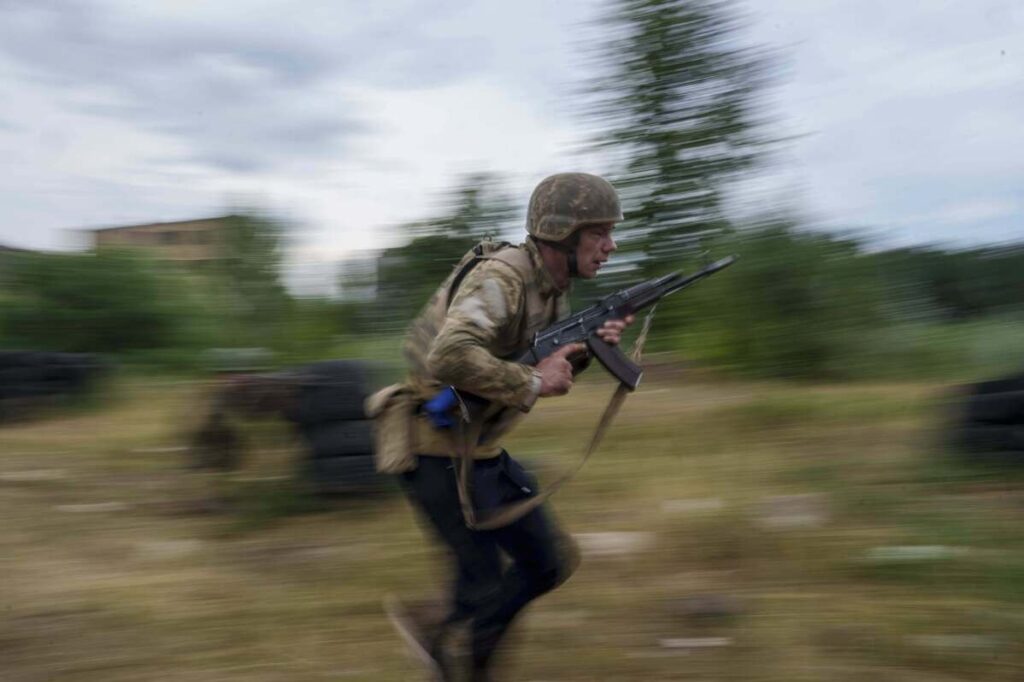Trump’s Envoy in Moscow Signals U.S. Resolve Amid Russia-Ukraine Deadlock
With President Trump’s envoy arriving in Moscow ahead of a hard deadline for peace in Ukraine, the U.S. confronts a critical moment to hold Russia accountable and protect American interests against global destabilization.

In a pivotal moment that underscores the high stakes of global diplomacy, President Donald Trump’s special envoy Steve Witkoff arrived in Moscow just days before the White House’s firm deadline for Russia to cease hostilities in Ukraine or face severe economic penalties. This action highlights the administration’s commitment to holding Vladimir Putin accountable—not merely as a gesture but as a necessary step to safeguard American sovereignty and economic security.
Why Are We Still Waiting for Peace While Russia Escalates Violence?
The news footage of Witkoff walking alongside Kirill Dmitriev, a key Russian figure involved in prior negotiations, serves as a stark visual of stalled diplomacy. Despite multiple rounds of talks, Russia continues its brutal campaign against Ukrainian civilians—a strategy designed to break morale by targeting noncombatants rather than seeking genuine resolution.
Consider this: while American families face inflation and uncertainty at home, our adversaries conduct relentless attacks that undermine European stability and risk dragging the U.S. deeper into conflict zones far from our borders. How long will Washington tolerate such disregard for human life and international norms before escalating consequences become unavoidable?
Economic Pressure Is More Than Penalties—It’s Protection for America
The looming threat of tariffs on nations purchasing Russian oil represents not only strategic pressure on Moscow but also a defense of American economic interests. By potentially imposing higher import taxes on countries like China and India, the administration signals that buying Russian resources will no longer be business as usual. This aligns with an America First approach—ensuring that foreign policy decisions directly support national prosperity and limit funding to regimes hostile to our values.
That said, President Trump himself has expressed skepticism about the sanctions’ effectiveness given Russia’s historical ability to circumvent penalties. Yet this acknowledgment should fuel more precise and targeted actions rather than complacency.
The Bottom Line: The Kremlin’s refusal to engage seriously contradicts any claim of pursuing peace and reveals an agenda focused on prolonging conflict to secure territorial gains. Meanwhile, American leadership must prioritize clear-eyed accountability over empty rhetoric.
This situation demands vigilance from every patriotic citizen who understands that unchecked aggression abroad compromises security at home. The question remains: will Washington act decisively enough before it is too late?
